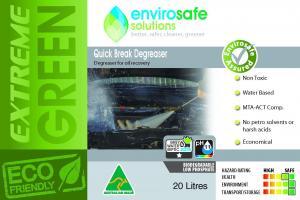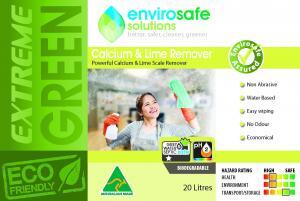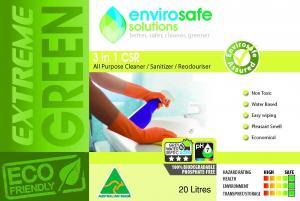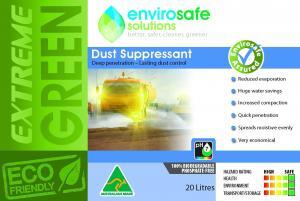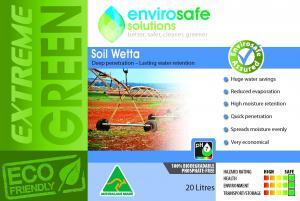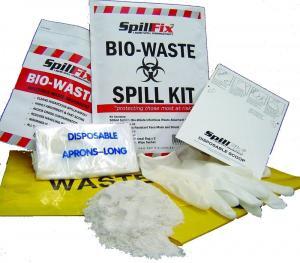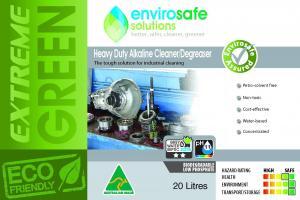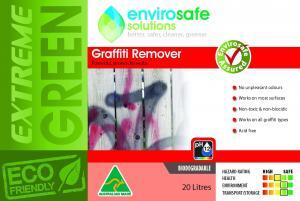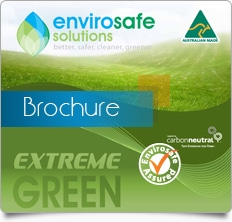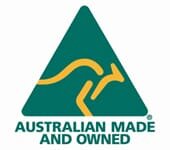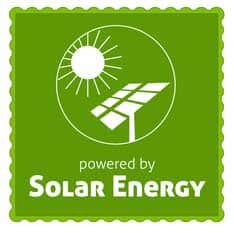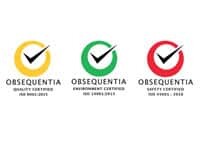 Fears over groundwater contamination have prompted a peak NSW farming body to call for a public register of chemicals used during coal seam gas mining. Hydraulic fracturing, or fracking, forces a chemical cocktail deep underground to release methane gas. Critics of this newer resource claim it is far from eco-friendly. Industrial liquid waste is a key concern.
Fears over groundwater contamination have prompted a peak NSW farming body to call for a public register of chemicals used during coal seam gas mining. Hydraulic fracturing, or fracking, forces a chemical cocktail deep underground to release methane gas. Critics of this newer resource claim it is far from eco-friendly. Industrial liquid waste is a key concern.
The coal seam gas industry has been called on to disclose on a public register the chemicals used in fracking.
The NSW Farmers’ Association has made a submission to a State parliamentary inquiry challenging the industry to provide proof that any non-eco-friendly liquid products used during fracking will not damage agricultural water supplies.
It has also called for improved rights for landholders over coal seam gas drilling, including the right to stop mining companies from entering private land.
The agricultural lobby group’s concerns have drawn attention to the chemicals used during coal seam gas mining and whether the process is environmentally friendly. Liquid pumped from gas seams after fracking is (known as ‘produced’ or ‘associated’ water) is generally saline and must be correctly disposed of.
According to national lobby group Lock the Gate Alliance this ‘produced’ water is not an environmentally-friendly liquid. Products found include carcinogens, heavy metals, radionuclides and chemicals used in drilling and fracking.
The Lock the Gate Alliance has published a list of chemicals it claims are used during fracking, including:
- Propanol, a solvent used in the pharmaceutical industry;
- Butoxyethanol, a surfactant used to reduce surface tension;
- Acetic Acid, used as a pH buffer;
- Acrylic copolymer, a lubricant used by the building industry;
- Ammonium persulfate, used as an oxidizer;
- Boric Acid;
- Hydrochloric Acid;
- Methanol, used to aid gas flow.
The NSW Farmers’ Association has said its submission, which was made public in September, represents the concerns of the majority of the State’s food producers.
“In NSW at the moment fracking can actually be approved as part of a general work program at the beginning of a project and with some projects (in Queensland) you have thousands and thousands of wells,” association president Fiona Simson has said.
“We think there should be separate information for each well head, with a date that fracking happens and the exact chemicals they use each time. Why not have it all on the public record so people can see what activities are going on? Then, if something happens to the water in a particular space, it will be easier to show the cause.”
The body representing the coal seam gas industry is the Australian Petroleum Production and Exploration Association. It said the creation of a register of non-environmentally friendly liquids used during fracking would have to be a government responsibility but that the sector would comply with any reporting requirements.
It has argued that changes to the Petroleum (Onshore) Act 1991 would set a “difficult precedent for the whole resource sector” and that to date agreements with landholders had been successfully reached.
The threat of groundwater contamination as a result of fracking is a concern for food production in Australia. Leading environmental cleaning products company Envirosafe Solutions supports increased transparency and accountability regarding the use of non-environmentally friendly liquid chemicals. For more information on eco-friendly liquid products suitable for the mining and agricultural sectors contact Envirosafe Solutions on 1300 88 90 70 or email info@evss.com.au.
Sources:
Agriculture









